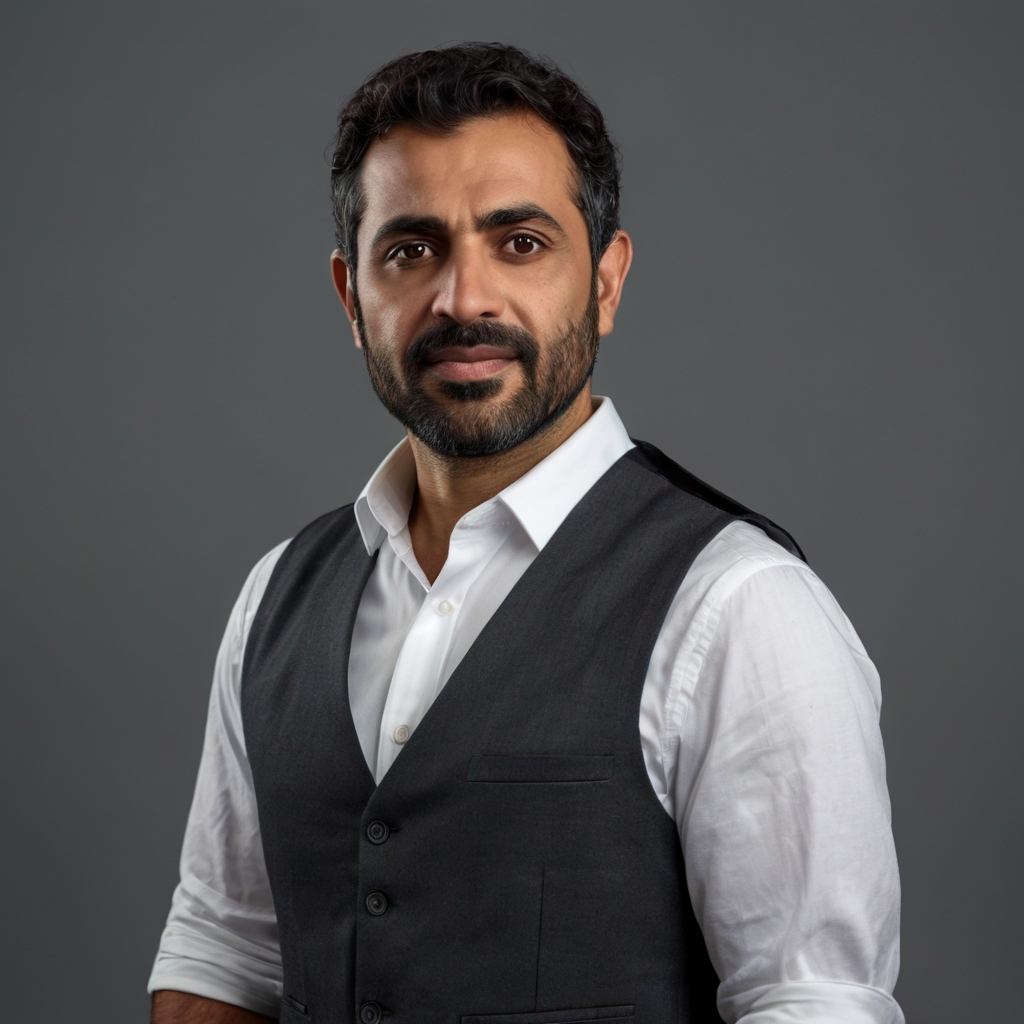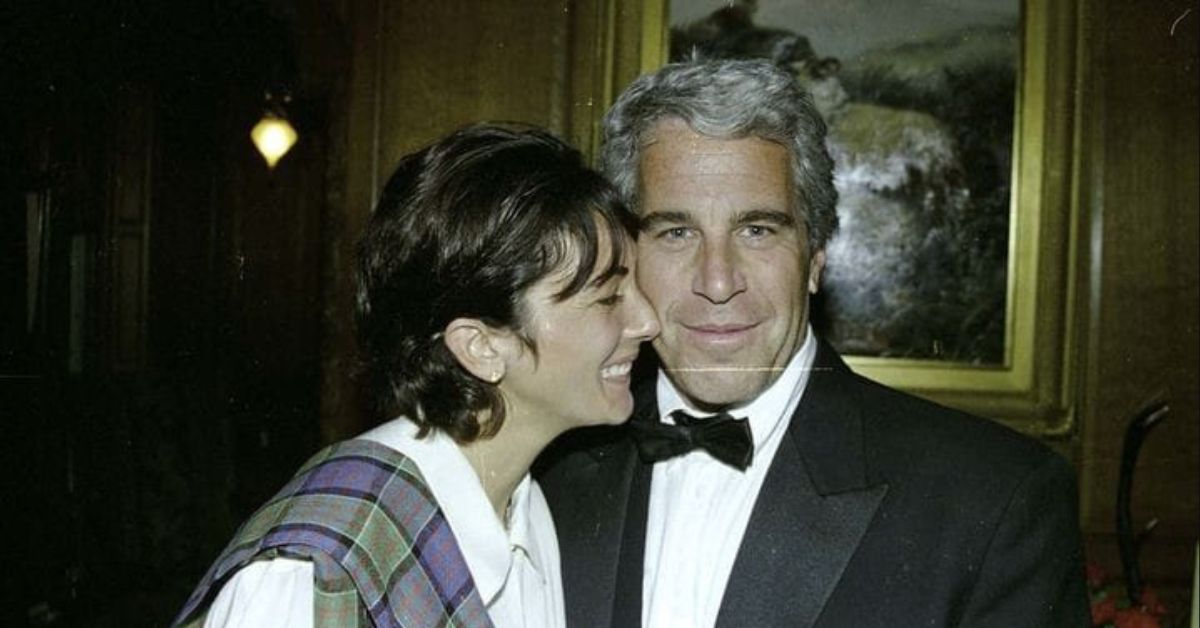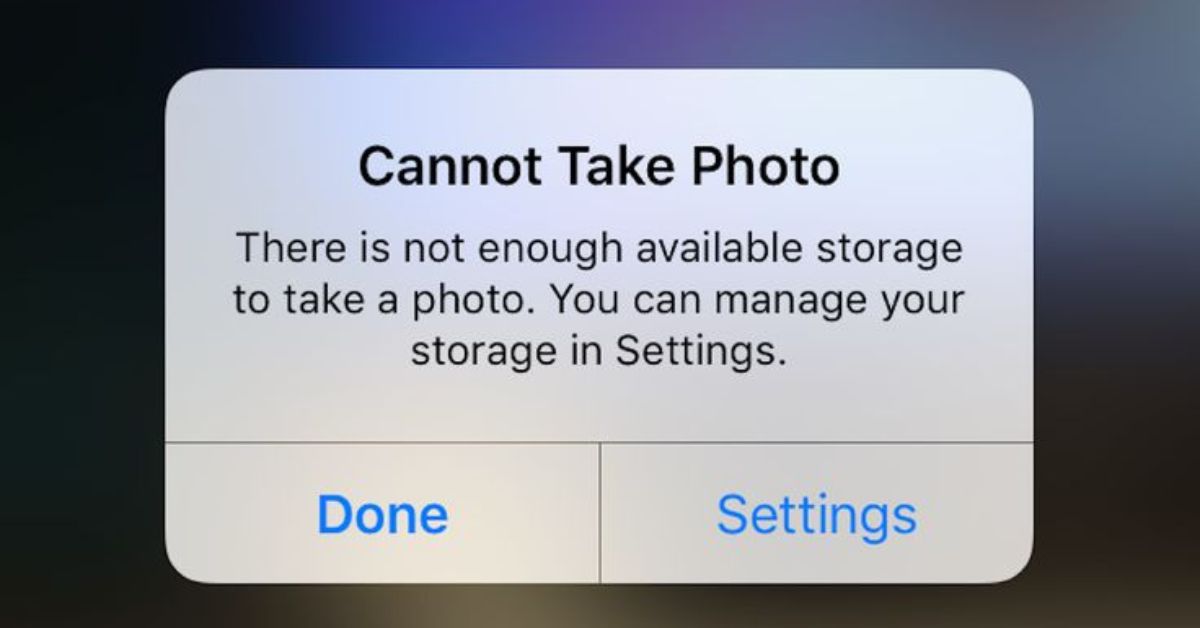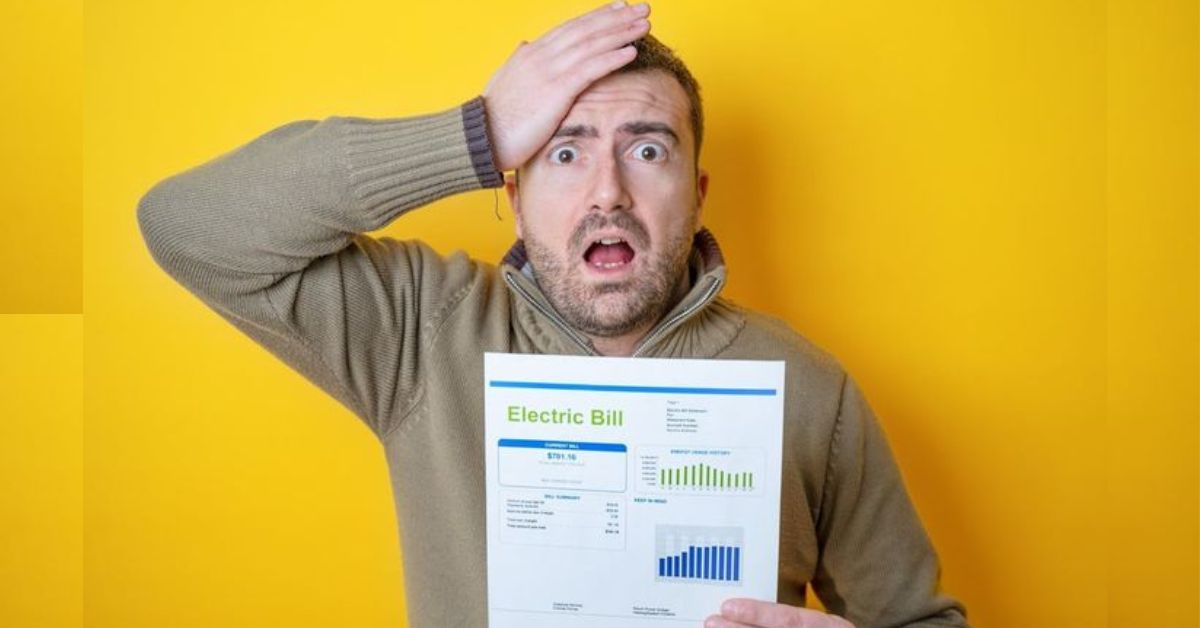TALLAHASSEE, Fla. — Ghislaine Maxwell, serving a 20-year sentence for her role in Jeffrey Epstein’s sex trafficking crimes, told the Justice Department she does not believe Epstein died by suicide, according to The Independent on August 23, 2025. In a July 2024 interview with Deputy Attorney General Todd Blanche, Maxwell stated, “I do not believe he died by suicide, no,” but added she has no idea who might have killed him, pointing to prison mismanagement as a factor. Her remarks, released in over 500 pages of transcripts on Friday, reignite speculation around Epstein’s 2019 death in a New York jail cell, officially ruled a suicide.
Maxwell, interviewed over two days in Tallahassee, suggested a prisoner could be paid “$25 worth of commissary” for a hit, highlighting the “dereliction of duty” at the Bureau of Prisons, per The Independent. She dismissed claims of an outside-ordered murder to silence Epstein as “ludicrous,” noting he was an “easy target” before his arrest. The financier’s death, while awaiting trial on sex trafficking charges, has fueled conspiracy theories, amplified by his ties to figures like Donald Trump and Bill Clinton.
Key points from Maxwell’s interview include:
- Prison Conditions: She cited inefficiencies in the prison system as enabling foul play.
- No Blackmail Evidence: Maxwell denied knowledge of a “client list” or blackmail schemes.
- Public Reaction: X posts, like @RT_com, reflect ongoing skepticism about Epstein’s death.
Maxwell’s comments follow a CBS News report revealing a third person in security footage from the night Epstein died, per Yahoo. Critics, including Rep. Jamie Raskin, called her claims self-serving, given her pardon bid, per Semafor. As the House Oversight Committee reviews DOJ files, the case continues to stir public distrust.
Source: The Independent
Author
-

Tyler Grayson brings global events to your screen with clarity, depth, and context. With a background in political science and international relations, Tyler covers diplomacy, global conflicts, climate issues, and major policy shifts with a balanced, facts-first approach. His reporting connects the dots between headlines and their real-world impact.







